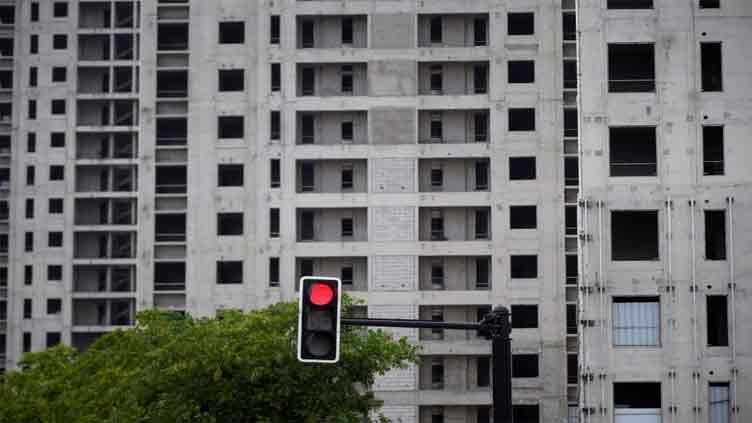China's State Council issues measures to expand consumption

Business
Asian giant’s biggest cities promise steps for boosting property sector
BEIJING (Reuters/Web Desk) - China's State Council on Monday issued measures to restore and expand consumption in the automobile, real estate and services sector, aiming to give full play to the "fundamental role" of consumption in economic development.
The State Council said in a document the government will improve the infrastructure for charging to promote more purchases of new energy vehicles, support housing demand by expanding the supply of affordable rental housing and encourage tourism by asking local governments to cut admission fees at scenic areas or even make them free during low periods.
Read more: China's factory activity extends declines, firming case for stimulus
In an interview with state broadcaster CCTV published on Monday, unnamed officials from the National Development and Reform Commission said it will take the summer, Mid-Autumn and National Day holidays as an opportunity to expand holiday consumption.
Last week, policymakers at a Politburo meeting pledged to step up policy support for the economy amid a tortuous post-COVID recovery, focusing on boosting domestic demand, signalling more stimulus steps.
The world's second-largest economy grew at a sluggish pace in the second quarter as demand weakened.
Separately, China's biggest cities, including Beijing and Shenzhen, said over the weekend they would implement measures to better meet the needs of homebuyers, without giving details, aiming to prop up a property sector that is seeing few signs of recovery.
This comes after top leaders at a Politburo meeting pledged this month to adjust and optimise property policies in a timely manner, and the housing minister promised more effective implementation measures.
Markets have expected policymakers to signal more property stabilisation steps after the Politburo meeting.
China's property sector has seen a string of debt defaults by cash-squeezed developers over the past few years with China Evergrande Group, the world's most indebted property developer, at the centre of the crisis.
Beijing's housing ministry on Saturday night said it would take into account the city's real estate situation and work with relevant departments to implement the pledges of policymakers.
The southern megacity of Shenzhen made a similar statement on Sunday.
Official newspaper Guangzhou Daily also reported on Sunday that Guangzhou's housing ministry had vowed to launch relevant policy measures as soon as possible.
Reuters in an earlier report warned that commercial real estate investors around the world risk painful losses as investors and lenders are slowly confronting an ugly question - if people never again shop in malls or work in offices the way they did before the pandemic, how safe are the fortunes they piled into bricks and mortar?
Read more: Commercial real estate investors around the world risk painful losses
Global property services firm Jones Lang LaSalle - which in May pointed to a 18pc annual drop in first quarter global leasing volumes - published data this month showing prime office rental growth in New York, Beijing, San Francisco, Tokyo and Washington DC turned negative over the same period.
In Shanghai, China's leading financial hub, office vacancy rates rose 1.2 percentage points year-on-year in Q2 to 16pc, rival Savills said, suggesting a recovery would depend on nationwide stimulus policies succeeding.

